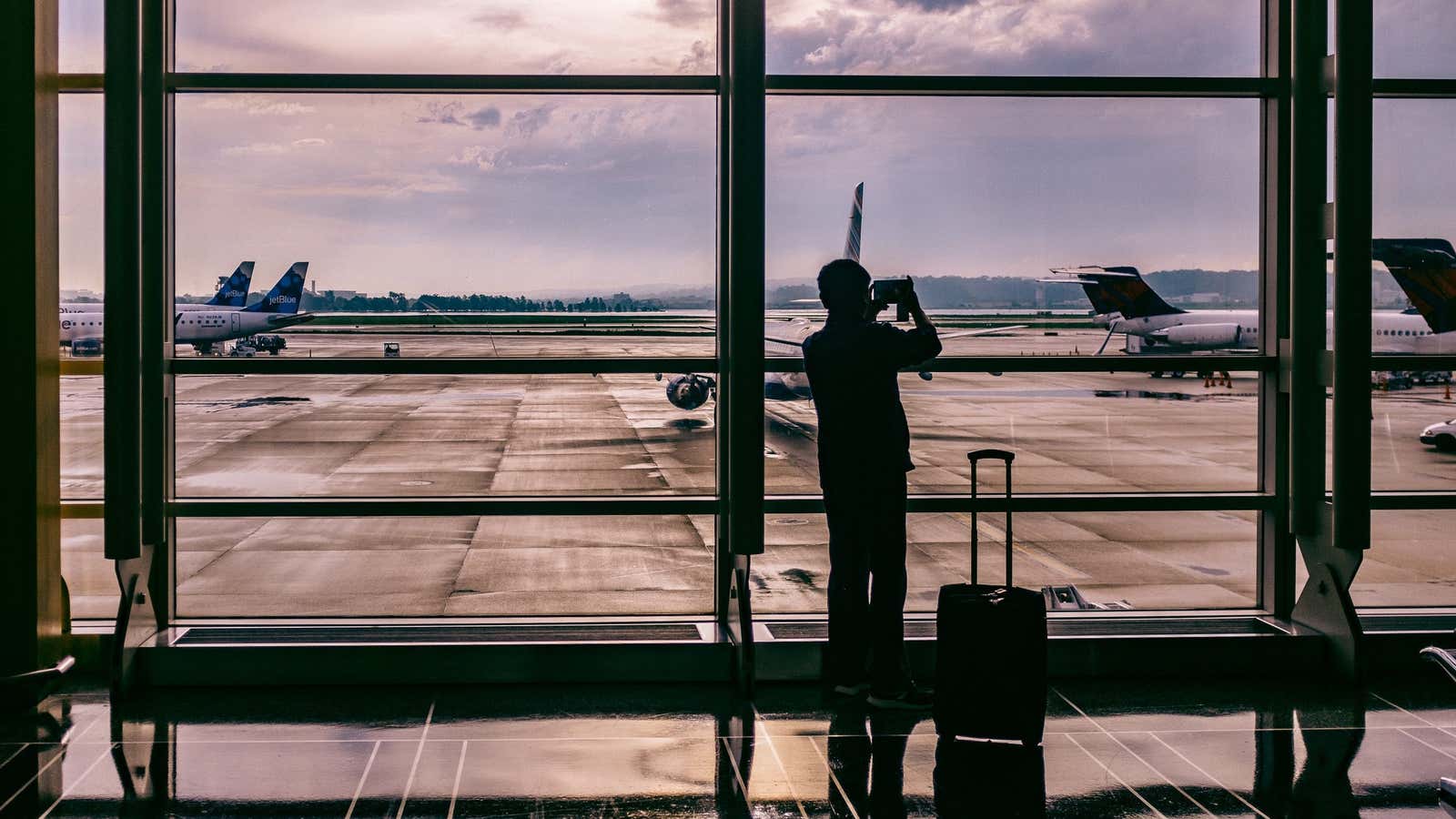From roping in Bollywood celebrities to partnerships with local state governments, Airbnb, the online marketplace for accommodation, is trying to get the Indian millennial hooked to its global community of travelers.
The California-based company is flexing its marketing muscles in Asia’s third-largest economy, where affluent and increasingly experimental Indians are travelling a lot more. This, even as it continues to add to its relatively small network of 24,000 listings in India.
So far, a million Indians have used the room-sharing and rental platform, both at home and abroad.
Now, the company is stepping up efforts to get more Indians—those travelling overseas as well as those booking weekend trips to local destinations—to plan their travel using Airbnb. Edited excerpts from an interview with Amanpreet Bajaj, country manager, Airbnb India.
You’ve been more visible in India over the last two years, what cues are you getting from the market to step up efforts here?
Our company is about nine years old, and a number of Indians started using the platform when they heard about it from friends back then.
But the last two years is when we started seeing some great momentum build up here. There are a lot more listings on the platform, a lot more bookings; a lot more people out of India are using Airbnb when they travel abroad and a lot more foreigners when they come to India are wanting to stay with Indian families. This momentum is what we want to leverage.
And how are you going about that?
So, in the last two years, we have spent a considerable amount of time understanding the local dynamics of what makes Airbnb relevant to India. We have localised Airbnb in India in some ways, whether it means using local methods of payments or doing more around local partnerships and identifying destinations where Indians want to travel here. Here, Goa is the largest market with 4,000 listings because it has become a year-round destination.
Today, we have over 24,000 listings in India. This number has grown by 115% year-on-year.
What has been the focus on building Airbnb as an option for Indians travelling overseas?
So, there are three different business segments for us that are important. Indians who travel abroad and use Airbnb, their number has grown by almost 150% year-on-year. And Indians travelling within India has grown three times.
When it comes to Indians travelling overseas, we get to leverage our global brand, and here word-of-mouth is something we use to get people on the network.
Overall, in the last one year, there has been a lot of focus on marketing. We have launched two campaigns: for instance, during the peak out-bound season we launched “Live There” which showed markets such as Paris and Rome and even localised for India (with Indian guests featuring in the ad).
What worked well here are of course recommendations from friends and magazines but also identifying how travelers are influenced by movies, i.e. a lot of people want to visit new destinations based on movies they watch. We have identified our association with Bollywood as one of the key drivers here. So last year, we tied up with Dharma Productions for a movie and created a campaign around it. This year, we worked with Shah Rukh Khan when he traveled to Los Angeles, and similarly with Twinkle Khanna, Mandira Bedi, and Sonam Kapoor (on their foreign holidays). That has worked very well for us.
What’s so unique about the Indian traveler?
I think today the urban millennial consumers in India are no different from their counterparts in the western market. They want to travel more, get the most out of the destination they visit, and are open to visiting newer destinations. As travelers, we are value-conscious but not price-conscious. For instance, I see people spending $1,000 a night on a six-bedroom villa in Mykonos because of the value proposition they get.
One more trend among Indian millennials is that they are focusing on experiences than on products and commodities. Every time I talk to a group of travelers, they say if I have $100 I will spend $99 on travel or a new experience rather than buying the latest shoe off the rack. That tells you a lot about the focus of that particular consumer segment to seek new and authentic experiences.
Are there some concerns around regulating the sharing economy in India? How do you see rules that govern homestays?
If you look at the rules on short-term rentals, they are very old and archaic, so they (the local government) did not contemplate for a portal like ours to come. There is definitely a need for people to revisit those. If you look at home sharing, the rules differ from state to state, city to city, and even municipalities. But we’ve been engaging with three state governments and everything we have seen from them so far has been fair and positive.
So what segment will you focus on?
All three segments are growing at a very rapid pace for us.
I think our global network is where the strength is, i.e. over 190 countries, with four million homes. So, clearly, when Indians travel abroad, we want them to consider Airbnb and some of our messaging that you see is focused on that. I think it’s one of the bigger segments for us…but the domestic market is a focus, too. Especially as we build a supply base here, we will be able to service the demand of every traveler within India. Because Indians are increasingly traveling more within the country.
